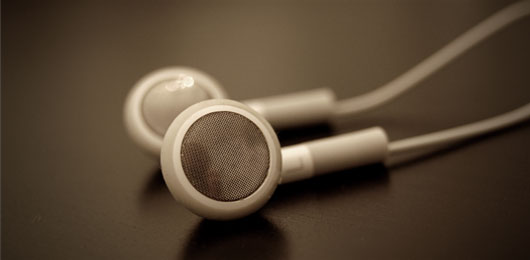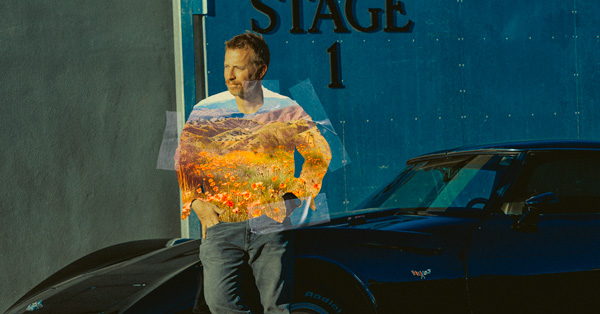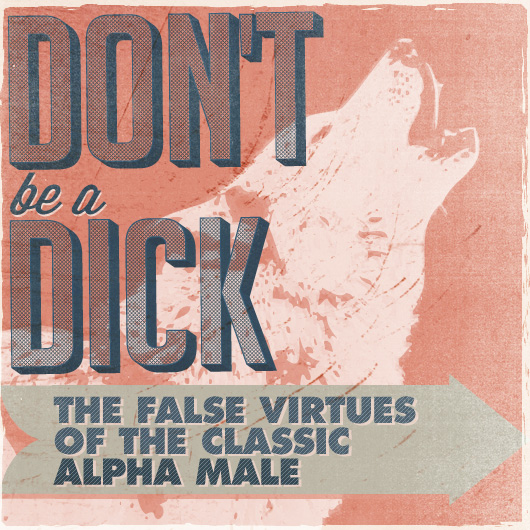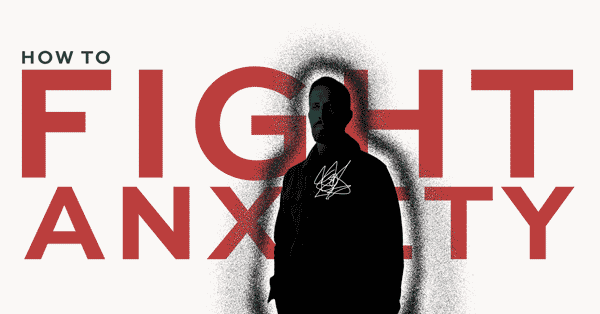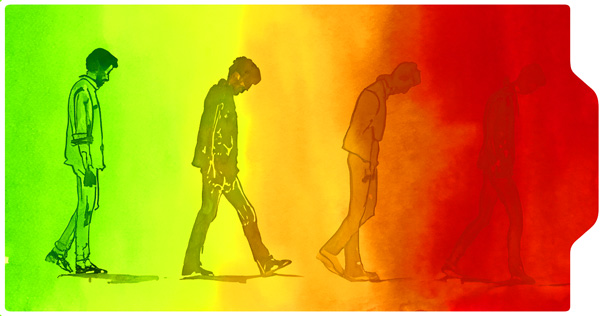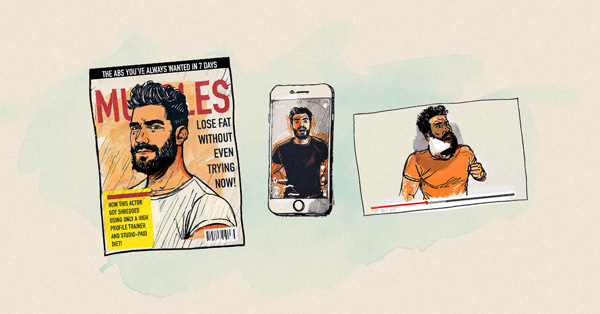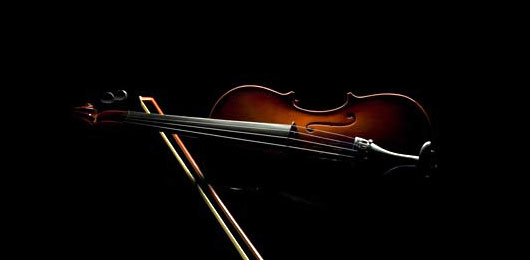 |
Photo by Elite PhotoArt |
There may come a time when your encyclopedic knowledge of Journey's formative years comes in handy, but when your boss invites you to a symphony, don't stop believing that these highlights of the genre will be enough to see you safely through.
By Lorin Wilkerson
When it comes to learning how to talk in some kind of coherent fashion about a complicated subject like classical music, the challenges for the newcomer are manifold. How do you grasp the basic concepts? How do you apply them to the music you are hearing? How do you speak intelligently to someone who might know a great deal more about it than you do? Ideally, you would take a community education course such as music appreciation or music history to help lay a good foundation. If the primary goal is to impress the cultured, elegant woman in your life, that’s the way to go.
But if the boss has suddenly invited you to a Mozart symphony, or you’re the lucky guy who gets to entertain a well-heeled, music-loving client in town next week and you need to figure something out right now, there may not be time for that. Have no fear however; with a little preparation you can carry on a basic conversation about Western art music (that’s as in Western European culture, not Bonanza re-runs) and leave the impression that you’re the smart guy you know you are. Here are a few basic tips to get started:
Listen
Listen! Because that’s what music is all about. Without taking time to do some thoughtful, intelligent listening, there is no possible way to even begin to glimpse the soul of any kind of music. The most immediately accessible avenue is your local classical radio station, if you are fortunate enough to have one. If not, don’t worry; with webcast radio stations you can listen to music from anywhere in the world. Some great stations online are www.allclassical.org, www.wqxr.com, or any number of others to be found at www.classicalwebcast.com. Radio is great because you can listen to knowledgeable DJs who will help give you insight into what you are hearing. Interviews with performers, conductors and composers on these stations can be very revealing as well. Another good resource is your public library, where you can check out any number of CDs. Or buy your own; almost any CD store will have at least one ‘Greatest Hits of Classical Music’ compilation that can be a great way to get an overview of the genre for around 15 bucks. Read the liner notes. Look up terms you don’t understand.
If you’ve got a CD, try to listen to the same music in different ways. This shouldn’t be a chore. I find some of my best listening comes right after work. I pour myself a glass of strong porter, turn on my local station or a favorite CD, stretch out on the couch, rest my eyes and just let the music course through me without trying to think too hard. If you want to be able to talk about classical music intelligently though, you will also have to listen with some thoughtfulness. Play your CD again. Think about how it makes you feel, the images it brings to mind. Does it remind you of anything, of some other style of music or some time or place in your own life? Does it make you feel anything new or unexpected? Don’t be afraid to open your mind and heart and be both analytical and emotional. The perception of music is a completely subjective exercise, so in order to have anything worthwhile to say about it you’ve got to decide for yourself what this music does or doesn’t mean to you. Listen repeatedly over several days or weeks; sometimes complex music can take time to grow on you, but once it gets under your skin, the love of it never leaves.
Read
Obviously, having a grasp of some of the basic concepts and terminology integral to classical music is necessary to carry on a meaningful conversation on the topic. So remember this: Wikipedia is your friend. Whether you have a concert to go to or are just trying to bone up for your own reasons, use an online search engine to find out something about both the composer and the specific works in question, and perhaps even the performer if s/he is well-known. You would be amazed the wealth of detail accessible within seconds. Having even the most cursory background information can be invaluable in enhancing your enjoyment and understanding of this music. As a starter, for centuries Italian was considered the true and innate language of music, and even to this day composers from Rio de Janeiro to Beijing to St. Louis often use Italian when naming the movements of their works and providing instructions to performers. Being able to tell an Allegro from an Adagio is easy when you know what to listen for. (See below for a crash course.)
If you are serious about learning more, a couple of great references that can be found online (or better yet at your local bookstore) for less than $30 each are The Oxford Concise Dictionary of Music, edited by Michael Kennedy, and The NPR Listener’s Encyclopedia of Classical Music by Ted Libbey. The first is technical but very precise, and the second is valuable because it provides opinions and interpretations that can help guide your listening. It also directs you to a dedicated website with over 75 hours of music coinciding with entries in the book, thus constituting a kind of self-guided music appreciation course
Speak
If the ultimate goal is to converse with a classical music lover without a) sounding like you know nothing, or b) talking out your ass, follow the steps above and remember these two important ideas:
1: Be wary of merely parroting others’ thoughts. Without some understanding of your own you’ll quickly be hung out to dry in a conversation with a knowledgeable listener. Reading what music critics think can be a good way to help form opinions, but never substitute those opinions for your own. With a little reading and insightful listening, you’ll do just fine in your own words. Don’t be afraid to jot down a deep thought you may have upon listening to or reading something; it will help you recall it in conversation later on.
2: Don’t be afraid to admit you are new to the topic. Whether it’s your boss or a client who may dominate the conversation because they’re more important than you, or that beautiful woman whom you want to listen to because you’re truly interested, nothing entices a classical music lover to open up like saying ‘Hey, I’m new to this but I’m very intrigued, and here’s what I think so far.’ That simple phrase will work like a magic, golden key, unlocking an interchange of ideas that will unfold effortlessly and naturally, the way any good conversation should. And for you it could be the start of a profound new understanding both of the music you already love and the unimaginably immense, incalculably beautiful world of classical music
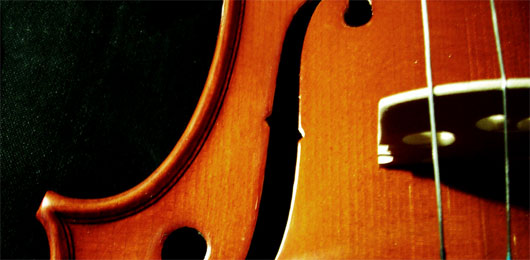 |
Photo by TheAlieness GiselaGiardino²³ |
Classical Crash Course
Some important terms, composers, and time periods will help you stay active in a conversation, and will help you better understand what you're listening to.
Tempo/Style Markings: Classical music very often consists of a long work divided into shorter segments called ‘movements.’ They are usually named after the speed or style the composer wanted. Here are a few of the most common:
Allegro: Quick or bright; Adagio: Easily, slowly; Largo: Very slow; broad; Vivace: Very fast, lively; Presto: Extremely fast (more than Allegro or Vivace); Andante: Moving along slowly (between Adagio and Allegro). Sometimes the following descriptors are added to the above words: assai: rather, or somewhat; (ma) non troppo/tanto: (but) not too much; moderato: moderately.
Dynamics: Dynamics refer to how loud or soft the music is. Not usually found in the title of the work but important to know:
Piano: Soft or quiet; Forte: Loud; strong; Crescendo: Getting louder; Decrescendo/Diminuendo: Getting quieter. The qualifier mezzo is often added to piano and forte to allow for more subtlety: mezzo forte means ‘rather loud.’ The suffix –issimo can be added to the end of many of these words. It is a superlative: prestissimo means ‘as fast as possible;’ pianissimo, ‘as quiet as possible.’
Historical Note: The instrument we know as the ‘piano’ was originally called the ‘fortepiano,’ because it could play both soft and loud, unlike its predecessor the harpsichord. It later got shortened to plain old ‘piano.’ Early historical instruments or those patterned after them are still called fortepianos. Mozart lived during the transitional period between harpsichords and fortepianos, and was a master of both instruments.
Periods in Music History
Classical music as we know it began with the end of the Middle Ages and continues to the present day. The term ‘classical’ can also refer to one specific era within that broad swath of time. (See below.) Musicologists and historians may beat each other’s brains out arguing over whether the Baroque began in 1585 or 1600, but these general guidelines will serve you well:
Renaissance: 1300-1600. Some famous composers: Giovanni da Palestrina, Tomas Luis de Victoria, Thomas Tallis. Think Shakespeare music.
Baroque: 1600-1750. Composers: Johann Sebastian Bach, George Frederick Handel, Antonio Vivaldi, Henry Purcell. Dense, thick texture; emphasis on counterpoint, or many different melodies going at the same time. Many compositions based on French dance suites and concertos, where one or more solo instruments are backed by an orchestra. The first true operas began to flourish in the Baroque.
Classical: 1750-1830. Composers: Mozart, Ignace Pleyel, early Beethoven, Franz Josef Haydn. (Note: the period in between Bach’s death in 1750 and Mozart’s earliest mature works around 1770 is a shadowy, transitional time between the Baroque and true Classical periods, and is sometimes referred to as the Galante.) Orderliness and heightened emotionalism became important. The symphony as we know it was standardized during the Classical period, largely by Haydn. The forms he set out are still used today.
Romantic: 1830-1900. Composers: Late Beethoven, Franz Schubert, Chopin, Tchaikovsky, Wagner. Extremes of passion and intense drama were hallmarks of the Romantic period. The piano developed rapidly during the Romantic period, and ‘lions’ of the piano such as Chopin and Franz Liszt (who is quite possibly the greatest pianist who ever lived) were true rock stars in their day.
Modern: 1900-Present. Composers: Rachmaninoff, Stravinsky, Benjamin Britten, Leonard Bernstein, Philip Glass. Radical experiments such as atonalism and electronics appeared, as well as a continuation of the styles that had gone before. Some people call ‘classical’ music being composed today ‘post-classical,’ and often the boundary between modern classical music and other styles is very indistinct.
Lorin is a long-time classical music lover and performer in the Portland area. He plays piano, mandolin, harmonica, and percussion. You can visit his blog, Musical Oozings.



